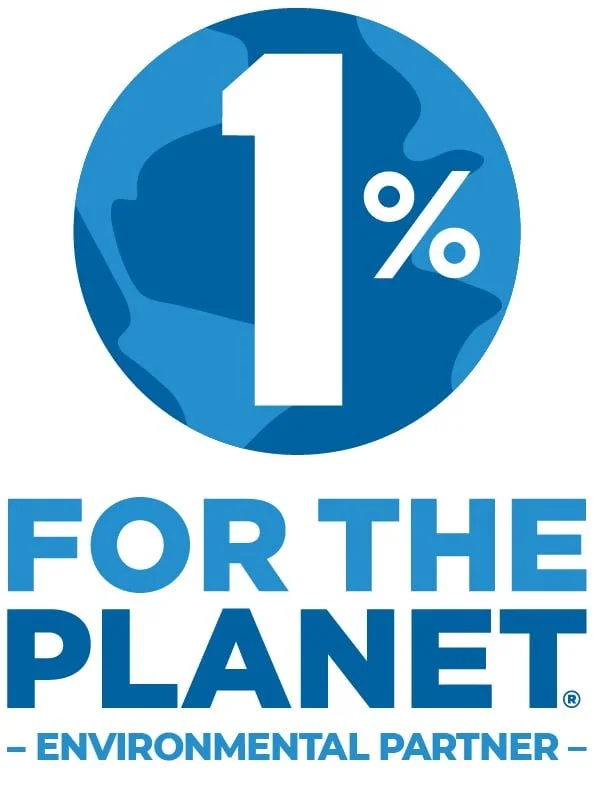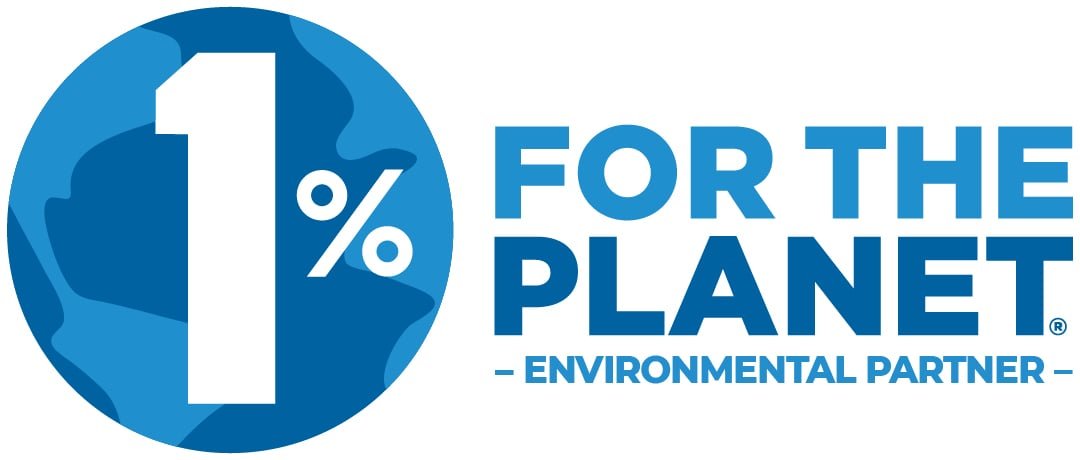Earth Building UK and Ireland
Bringing Earth to the Heart of the Built Environment

Skills and Education
〰️
New Build
〰️
Conservation
〰️
Sustainability
〰️
Social Impact
〰️
Research and Development
〰️
Networking
〰️
Skills and Education 〰️ New Build 〰️ Conservation 〰️ Sustainability 〰️ Social Impact 〰️ Research and Development 〰️ Networking 〰️
Welcome to our world.
You’re more than welcome here. This video introduces EBUKI and what we do.
For more videos like it, visit our YouTube channel.
“I so enjoyed the event! Thank you so much for creating such a positive vibe, I left super enthused and with lots of contacts and leads for collaboration.”
— Clayfest participant 2024
“Really lovely community, amazing earth builders.” “EBUKI gives me faith.”
— Uplift participants.
“It was an intense and enjoyable learning experience. The lessons really stay with you for a long time.”
— Erasmus+ Student.
“Bravo for this very motivating day, I have never been so enthusiastic to attend a full day in video!”
— CobBauge Online Training day 2022.
Earth Building has the ability to transform the way we work and live.
Imagine a world where the power would be in your hands to directly influence the sequestering of carbon, to push the good health and wellbeing and sustainability agendas in the built environment, through an artful conversation between the past and the future, fostering simple robust earth building methods for a new era.
Imagine if simple earth building methods, that have stood the test of time, could offer you the power to be disruptively influential and regenerate the culture of the construction industry.
Why would you want that? You might ask. Well:
-
Consumption & Waste: The construction sector is the world’s largest consumer of all raw materials mined and harvested worldwide. It uses up to 50% of billions of tonnes of resources annually (1). Back in 1861 England, the (human-created) concept of waste started with fired bricks. Before then, materials were all reusable - the end-of-life strategy was clear - and humans thought about how to do things without the option to just burn huge quantities of fossil fuels to get whatever we wanted.
-
The vital journey towards reaching the Net Zero Carbon targets by 2050 (2) can be creatively met with the practical and cost-effective solutions offered through earth building, along with the work of many other responsive organisations.
-
In the earth building world all genders are embraced and females are represented about one in two. By comparison, in the wider construction industry, females are represented by only 11% of individuals across the spectrum from engineer to labourer (3).
Construction can be a highly enjoyable, creative and sustainable process, accessible to all; yet in contrast, the modern construction industry is typically the opposite - in fact mental health is severely negatively affected in this industry at large (4).
Earth building inherently invites gender equality, and encompasses dynamic, innovative and sustainable methods of contemporary natural construction that reduce consumption and waste, using the most low-embodied-carbon and abundant material on the planet: locally sourced unfired, untreated raw earth. Earthen building materials offer a uniquely palpable connection to place; artistic healthy habitable interiors where energy bills can plummet, toxics & pollution can be eliminated and biodiversity can be supported.
Here at Earth Building UK and Ireland we’ve been working hard with our partners to develop exciting, experiential, high quality educational tools, to encourage sparks of inspiration and provide a hub of open-source information. We nurture opportunities for decent work and economic growth in relation to the built environment.
The cultural enterprise of earth building is both innovatively contemporary and reliably traditional: a significant percentage of the world’s population today live and work in earthen buildings, constructed with heritage craft methods that have been employed for millennia. There are well-recognised physiological and psychological benefits that come from engaging with these dignified material practices and being immersed in these healthy natural environments.
In Lingala (a language from the Congo), ebuki means ‘we work, we dance’.
In Japanese, ebuki means ‘a sign of new life’. We like those!


















